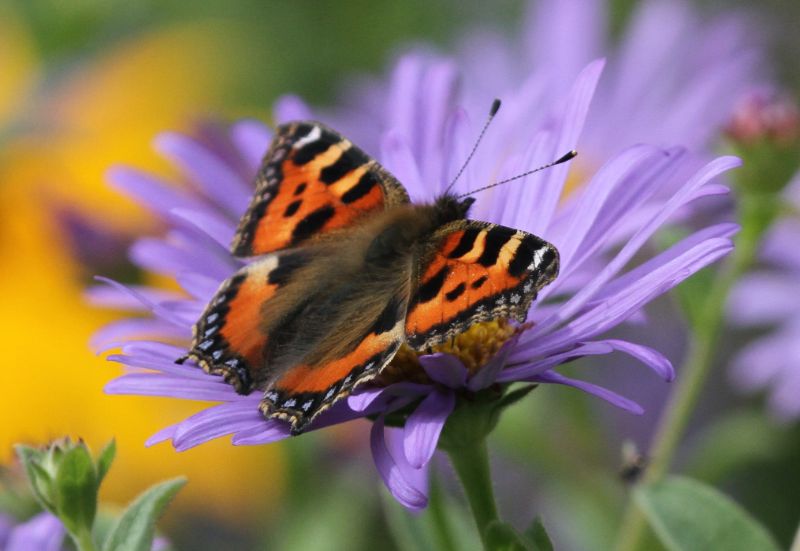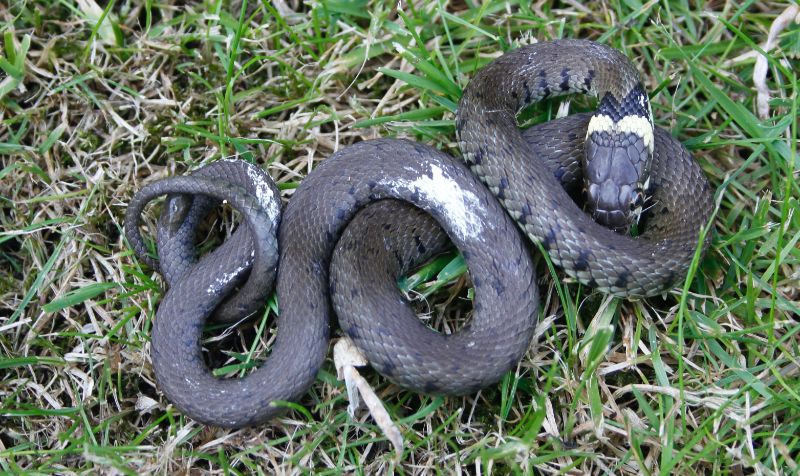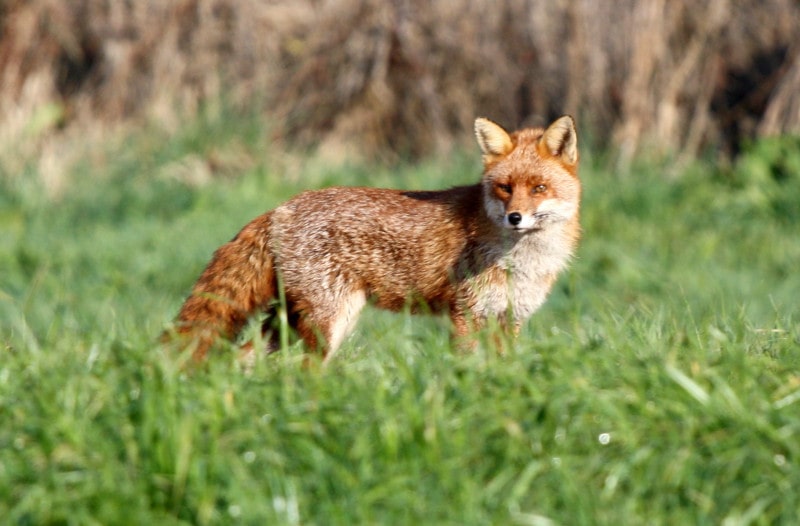Back in February, 70 people met from all over the country, from a variety of companies and organisations, to develop ideas that will contribute to a system level change targeted at increasing the pace of nature based recovery. Biodiversity in the UK is still declining so we need to find much better ways of working together going forward to find new ways to reduce biodiversity decline and climate change.
The event was co-created between: TYF Group, Ethos Wilder and Atkins – a member of the SNCL Lavalin Group who also funded the event. Out of that meeting came a report (titled ‘Thriving Places for Nature and People‘) with clear actions that we can collectively take to help make a difference. The final report from this event has been published by St Georges House under Chatham House rules (no attributions).
The report begins by outlining some of the necessary steps we can take towards where we need to be. It also discusses the current state of the UK’s biodiversity, as one of the worst in the world. There is a real emphasis on collaboration and relationships within the community, in order to drive things forward as one unit.
It then goes on to talk about risk, and how we perceive it. The aim is to reshape the risk, by working with each other, different organisations working as one to support each other in reaching targets. As well as changing how we approach risk, the report states that we need to have a clear understanding of how ambitious we need to be. It comes back to this idea of working as one to achieve much larger goals.
Measurability is highlighted, as we need a much more evidence based approach. The report covers several points to do with measuring data, including units of measurement, technology such as satellite imaging / maps, geo-spatial data and big data analysis. A key example of this is Wilder Sensing, a start up utilising machine learning to analyse audio data and find out bird populations over a given area. Once we have the data in our hands, we can begin to act on it and find out what is, and isn’t, working.
Following this, the report goes on to discuss the more social side of the natural environment. It looks at the idea of increasing green prescribing as a tool to help with mental health. Also, how we can increase the social connection between people through nature, including in schools. On a personal level, people can be equipped through training and literature to take action ‘at home, in their community and at work.’
So that we can make early and accurate decisions, the idea of an open digital platform was proposed. This would give us an effective method for sharing data once it has been captured, in order to better inform people on a global scale. Following this, the report tackles actions for regenerative farming. The plan involves an investment ‘superfund’ which would go towards giving ‘all of the UK’s farmers the ability to optimise their land use for carbon, water and nature within half a generation, or sell to new regenerative-focused owners if preferred.’
Finally, there are some asks from the UN. The first and arguably most important of these is to bear in mind that the UK can have a worldwide influence if we work together. The hashtag #GenerationRestoration will be a symbol of our unity towards the goal of saving our planet and the life within it, which ultimately is the resounding message of this event and the people that are taking action following it.
Please do read the report and contact us if you have any questions.


